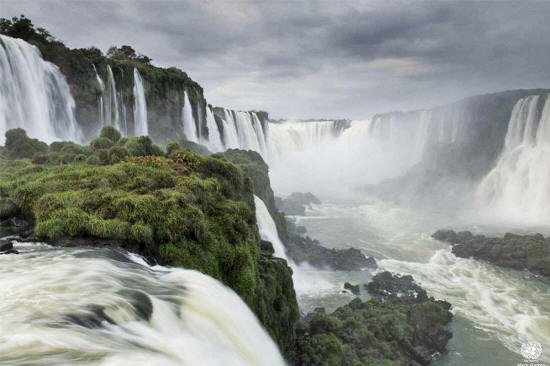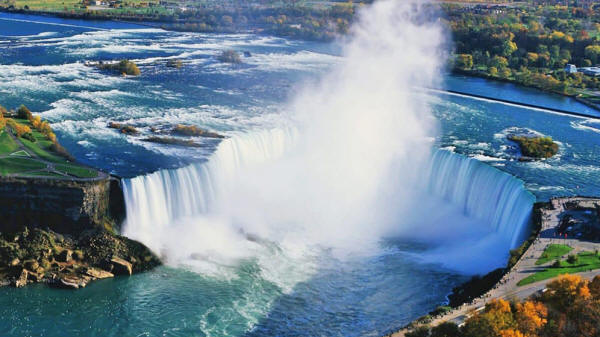|
by Delia Paul
World Water Forum Closes with Calls to Action on Justice, Human Rights and Youth 23 March 2018
The Eighth World Water Forum (WWF8) in Brasilia, Brazil has concluded.
The conference, on the theme of 'Sharing Water,' comprised several parallel processes that affirmed the respective roles of judges, local and regional authorities, parliamentarians and young people in the governance of water resources.
The Forum's Political Process included a ministerial program, a local and regional authorities program, a mock "water court" involving judges and prosecutors, and a parliamentarians' process.
Water and sanitation
ministers issued a Ministerial Declaration, which urges better
coordination of UN activities in support of water-related goals, and
encourages governments to strengthen their own national
integrated water resources management (IWRM) policies and plans.
In a call for action issued at the close of their meeting, authorities made five recommendations, to:
Their call to action
commits to contributing to the fulfillment of the Sustainable
Development Goals (SDGs) and
the New Urban Agenda.
Judges and prosecutors issued the 'Brasilia Declaration of Judges on Water Justice,' which puts forward 10 principles for water justice, and affirms various policy frameworks, including the 2030 Agenda for Sustainable Development and SDG 6 on clean water and sanitation.
The Declaration calls for strengthening the capacity of judges and lawyers to apply water law and the environmental rule of law.
The meeting of parliamentarians debated 'The Role of Parliaments and the Right to Water,' focusing on the themes of,
Speakers welcomed the
presence of 134 parliamentarians from 20 countries at the
conference.
On Thursday 22 March, participants from water and sanitation services in Brazil reported on the outcomes of Business Day, which was organized by the Brazilian Business Council for Sustainable Development and the Brazilian National Confederation of Industry.
Business Day resulted in Brazilian companies making six commitments for water security:
Participants, including,
...among many other companies, signed a letter of 'commitment.'
In their panel discussion on Monday, 19 March, participants had discussed the need for:
The Citizen Process hosted a two-day 'Junior Forum' for the first time, attended by 70 youth leaders from around the world.
The Junior Forum
highlighted the importance of young people's role in establishing
water security, and issued its own call to action, which commits to
organizing 'Youth Satellite Events' at future World Water Forums to
engage youth in water governance and decision making.
WWF9 will take place in
Senegal in 2021 on the theme of 'Water Security.'
|



